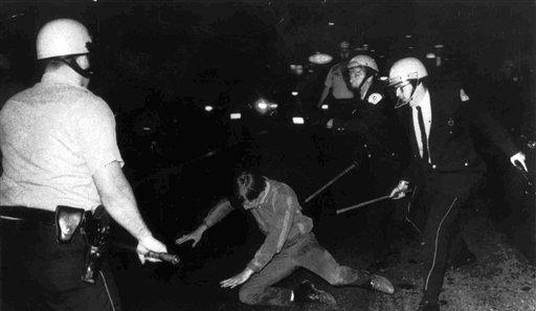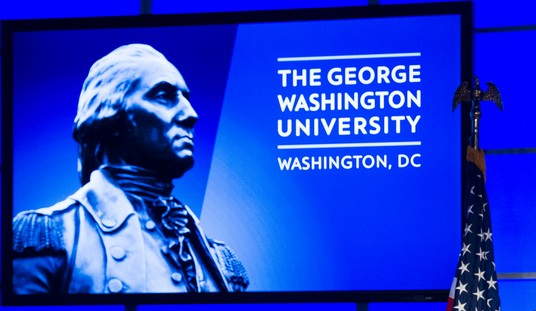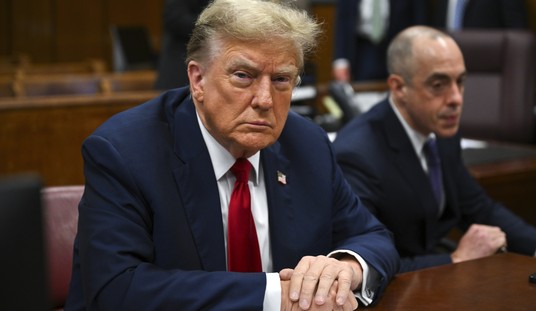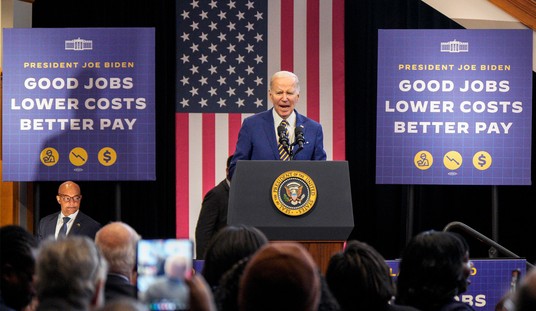Andy McCarthy declines an invitation to participate in “the President’s Task Force on Detention Policy”. The text is at the link. Most of the reasons for his refusal are straightforward. McCarthy feels that Administration has essentially made up its mind on detention policy and his participation will merely serve as a fig-leaf to claim that everyone was consulted, etc. “Obviously, I am powerless to stop the administration from releasing top al Qaeda operatives who planned mass-murder attacks against American cities—like Binyam Mohammed (the accomplice of “Dirty Bomber” Jose Padilla) whom the administration recently transferred to Britain, where he is now at liberty and living on public assistance. I am similarly powerless to stop the administration from admitting into the United States such alien jihadists as the 17 remaining Uighur detainees. According to National Intelligence Director Dennis Blair, the Uighurs will apparently live freely, on American taxpayer assistance, despite the facts that they are affiliated with a terrorist organization and have received terrorist paramilitary training.”
But one of McCarthy’s reasons for refusing is unique: he doesn’t trust the administration not to entrap him. “Given your policy of conducting ruinous criminal and ethics investigations of lawyers over the advice they offer the government, and your specific position that the wartime detention I would endorse is tantamount to a violation of law, it makes little sense for me to attend the Task Force meeting. After all, my choice would be to remain silent or risk jeopardizing myself.” It is, all in all, the stance of someone who has nothing to say to Barack Obama on the subject of detention policy.
It will be interesting to see whether the gap between conservatives and liberals narrows over the next 100 days. Pew Research reports that the gap in perceptions towards the President between political viewpoints has been the widest in recent times. They write:
Pew Research previously found a greater partisan gap in Obama’s early job approval ratings than in the ratings of past presidents. That continues to be the case. Obama’s approval rating among Republicans (30%) is about the same as Bill Clinton’s at a comparable point in his first year (25%), but Democratic approval — particularly strong approval — is much higher than it was for Clinton. Fully 79% of Democrats very strongly approve of Obama’s job performance; only about half as many Democrats (39%) expressed very strong approval for Clinton at this stage in 1993. Obama’s highly positive ratings from members of his own party also surpass Bush’s 71% very strong approval among Republicans in April 2001.
That statistic may say far more about political attitudes than it says about Obama. One could argue that public opinion has polarized and Obama is primarily a reflection rather than the cause of that trend. The President’s very popularity with his base is ironically an indicator of his potential unpopularity with those who hold the contrary point of view. The erosion of the middle poses similar challenges for the Republicans. In order to appeal to the conservative base it is necessary to distance oneself from the liberal point of view. The result is the bimodal or two-hump distribution that will produce a great deal of confrontation before the tension is resolved in a consensus building process that will resemble a negotiated settlement between two entities rather than a harmonization of one society.









Join the conversation as a VIP Member